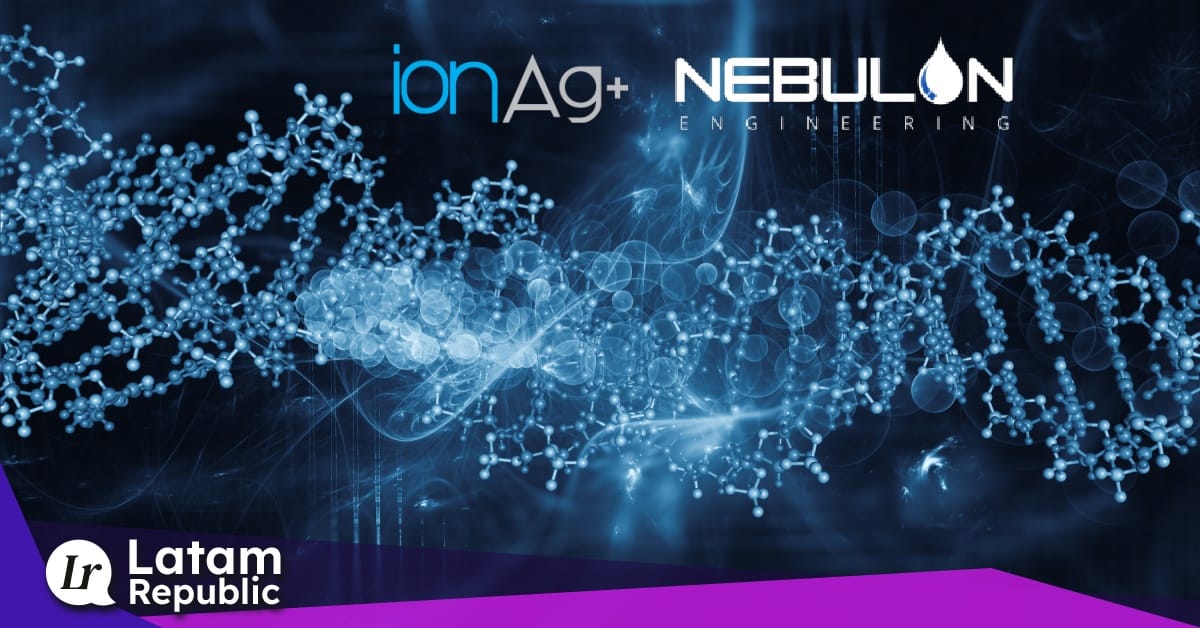These Startups Use Nanotechnology to Rescue and Purify Water

The use of nanotechnology and engineering to rescue and purify water has led to innovative solutions from two startups, ion Ag+ and Nebulón. Ion Ag+ utilizes nanotechnology to disinfect water, while Nebulón focuses on capturing fog water in communities with high water stress.
The Future of Water: An Urgent Reality
Access to clean drinking water is an increasing challenge worldwide. According to the United Nations, around 2 billion people lack access to safely managed drinking water services. Ion Ag+ and Nebulón are standout startups offering promising solutions to this global problem.
Public accountant Alexis Ortega and engineer José Luis Matas began selling water filters door-to-door in 2016. Over time, they developed technology for water purification and wastewater treatment plants, forming Grupo Rema. However, their initial social projects failed due to a lack of adaptation to community needs. In 2013, they founded ion Ag+ to provide potable water to communities in an affordable and efficient manner.
Potable Water through Mexican Nanotechnology: ion Ag+
By 2015, ion Ag+ had developed technology to purify water using nanotechnology. Their system uses a floating support made of food-grade plastic containing bentonite ceramic spheres that release silver ions to eliminate viruses and bacteria. This technology requires no electricity or maintenance and can purify 99.99% of water within six hours. It has been recognized and patented, meeting both national and international standards.
Ion Ag+ has been used in social programs and has received awards such as the “Water and Sanitation” prize from the Inter-American Development Bank (IDB) and Femsa. Additionally, Grupo Rema has integrated this nanotechnology into their water treatment plants for various industries.

Nebulón: Capturing Fog Water in Colombia
Jonny Umaña, a civil engineer, developed a system to capture fog water based on previous research from Chile, Bolivia, and Peru. His three-dimensional design, tested on his grandparents’ farm, collected 28 liters of water per day. After graduating from, his university supported his entrepreneurship, culminating in Nebulón, which now offers water production and storage systems.
Nebulón's climate pavilions can obtain 200 to 500 liters of water per day, not only from fog but also from humidity and rain. These systems adapt to various needs and budgets, with models ranging from $10,000 to $20,000. Nebulón has collaborated with the government of Geneva, Switzerland, and other Colombian governments, as well as USAID.
Nebulón and ion Ag+ exemplify how technology and innovation can address critical issues such as access to potable water. Their solutions are not only technologically advanced but also designed to be sustainable and accessible for the most needy communities.




